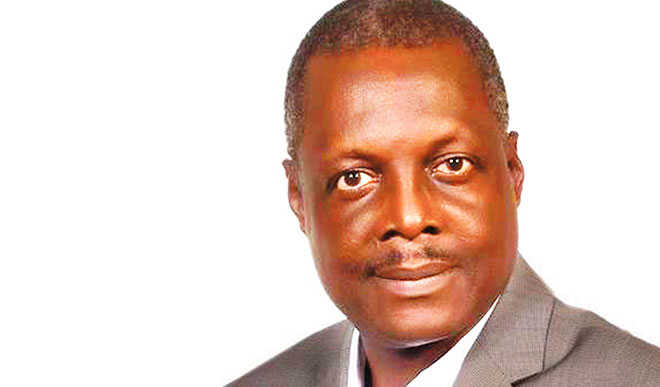‘Treat the media right for the right effect’
A workshop convened in Abuja to prepare Plateau State lawmakers for effective legislation came with a segment in which the lawmakers were told to discount newsmen’s downsides and utilize their beneficial capabilities. “The legislature and the media can work together as partners,” a public relations specialist, Mr Haroun Harry Audu said, adding, “The state and […]


A workshop convened in Abuja to prepare Plateau State lawmakers for effective legislation came with a segment in which the lawmakers were told to discount newsmen’s downsides and utilize their beneficial capabilities.
“The legislature and the media can work together as partners,” a public relations specialist, Mr Haroun Harry Audu said, adding, “The state and nature of the partnership between the media and legislature can aid or hinder effective legislation, and invariably socio-economic development.”
Haroun Audu, the managing director of a marketing communications consulting firm, Unimark Limited, who made that assertion Wednesday while delivering a paper at a workshop in Abuja for members of the Plateau State House of Assembly, advised the legislators to seek always to “understand and leverage the workings of the media for effective legislation.”
The three-day workshop, which ran from Monday November 2 to Wednesday November 4, was conducted under the theme, Enhancing the Capacity of Parliamentarians for Effective Legislation, and HarounAudu presented the first paper of the last day, which was entitled, Strengthening the Partnership with the Media for Effective Legislation.
Audu who was an active journalist before taking up legal practice, presented his paper in a way which showed his knowledge of the attitude of politicians towards media practitioners, asserting at a point that politicians are at besttypically suspicious of newsmen and tend often to avoid them.
“Politicians have a disdain for journalists,” he charged. Continuing in the same vein, he said, “Many adopt a condescending attitude, some tell an inquisitive journalist that they would get back but never get back.”
To give opportunity for the Plateau legislators to speak their mind, Audu paused from the delivery of his paper for an interactive session at which many among the legislators spoke. It turned out from their accounts that many of them had been facing frustrations from journalists in recent times.
“Media people have ways of reporting things that you have never said,” one of the parliamentarians stated. “They frequently add salt to injury,” another charged.“Many journalists work in a tiny room and after they interview you, you don’t see their paper at any newsstand,” a third one said, and added, “they only bring copies and ask you to distribute to your people, and they expect you to pay.”
In response to those and more of the complaints levelled against journalists by the lawmakers, Haroun Audu issued his pieces of advice which ran along these lines: Newsmen can come up with all sorts of things and there are quacks to be found, but don’t dwell on the negative sides to media people. You only need to weigh them and be selective. Do media selection. You need to be able to identify the newsmen that you can use beneficially. Don’t antagonize the media because when you do, it could become a mutual thing. You could push them into looking for the dark sides about you that they could show to the world. It is important that you forge a relationship with the media if for nothing else but at least because they have a role which you should not stop them from playing. The constitution of the Federal Republic of Nigeria provides for them to come to you in the course of their work; attend to them accordingly.
Audu emphasized that it is often for the good of politicians to avail themselves of the services of men of the mass media, saying to the lawmakers, among other things, that because they tend to be isolated when they leave their various communities to their legislative chambers at the city centre, they become isolated from their people, in which case they need the media to keep them connected to their constituents.
He added, “Even in the general course of your work, during oversight function for instance, why not call the media to say what you have done and what the prospects and challenges are so that the people can get to know the issues?”
He asked the lawmakers to be aware that the media could very easilybe the reason why an office holder is widely perceived to be doing everything while another holder of a similar office is not known to be doing anything.
